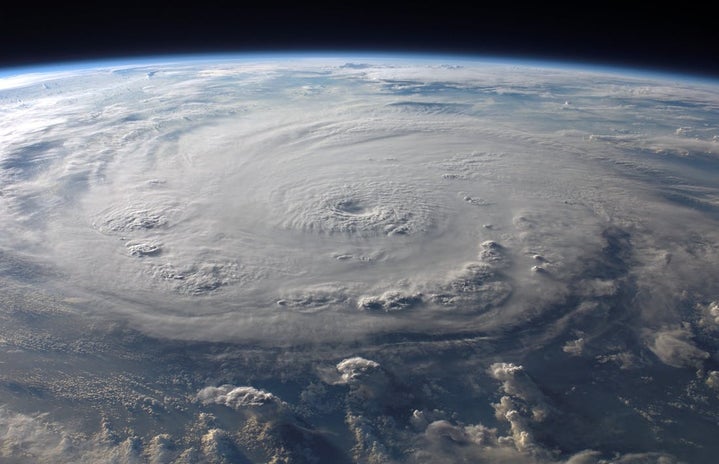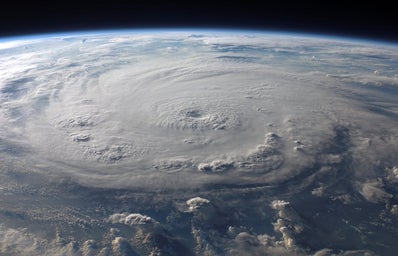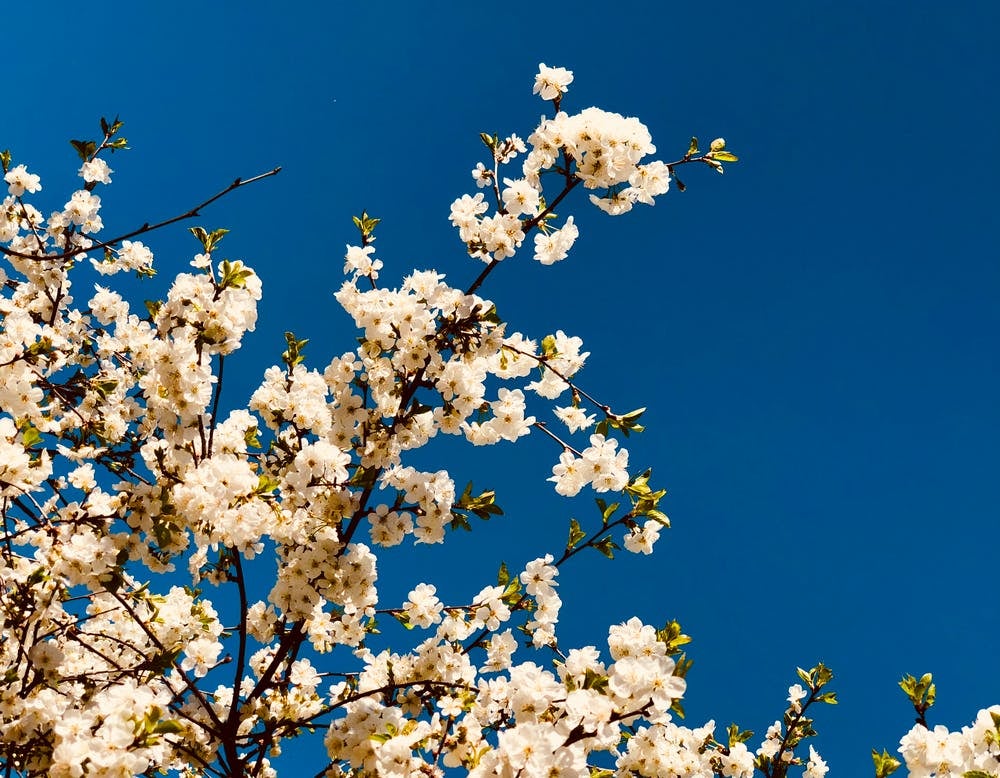Have you noticed the trees blooming earlier than usual this year? How about the increased premature pollen-related sneezing or the lack of days in 2023 where the high is below 40 degrees?
I remember a beautiful snowstorm in early February two years ago. Classes were canceled and everything was covered in white fluff for days. So far this winter, we had one tiny snow flurry that melted the next day. Since then, it’s been rainy and warm (ish) in Richmond.
For winter haters, the warmer season we are having may be a joyous surprise. But for those who miss the usual Virginia winters, the 80 degree days in mid-February come as a real shock. Should we be concerned about this obvious change in the climate of our city?
Winter is the fastest-warming season globally. According to records, this past January was Virginia’s warmest since 1974. It was also Richmond’s fourth warmest February (remember, multiple days with highs of 80 degrees). March is expected to continue with this pattern, despite Puxatony Phil predicting six more weeks of winter.
At first glance, the warm weather is a nice change from some of the freezing days we had in December. But, it feels a little wrong to enjoy something that is a product of a real issue with our environment. What do these wild weather patterns actually mean for the health of our climate?
In Richmond, the peak pollen season has shifted two weeks earlier in recent times. Climate change is worsening this as higher carbon dioxide levels make pollen worse (potentially causing the proteins in pollen to be more allergenic too).
Tree buds blooming sooner is a detriment to the fruit trees in Virginia as well. Fruit trees must get to a certain chill level to become dormant for the winter. Since they haven’t been able to set in the cold and are now already blooming, any subsequent freezes that may still occur this winter will damage the trees and hurt the summer crop.
Some other foreseen negative impacts of this winter climate change include reduced water supply due to less snowfall, financial troubles for regional economies that rely on winter recreation, a shift in animal migration patterns and an increased summer cooling demand. Larger populations of pests such as mosquitoes and ticks are able to survive the winter as well, becoming an issue earlier in the year.
The unusual weather we are experiencing shows how real global warming is. There are huge strides being taken to combat climate change across the world these days. It is super important to support these efforts, as many of you know and already do. Enjoy the warm weather but simultaneously understand the reason why it is changing and keep talking about it.



